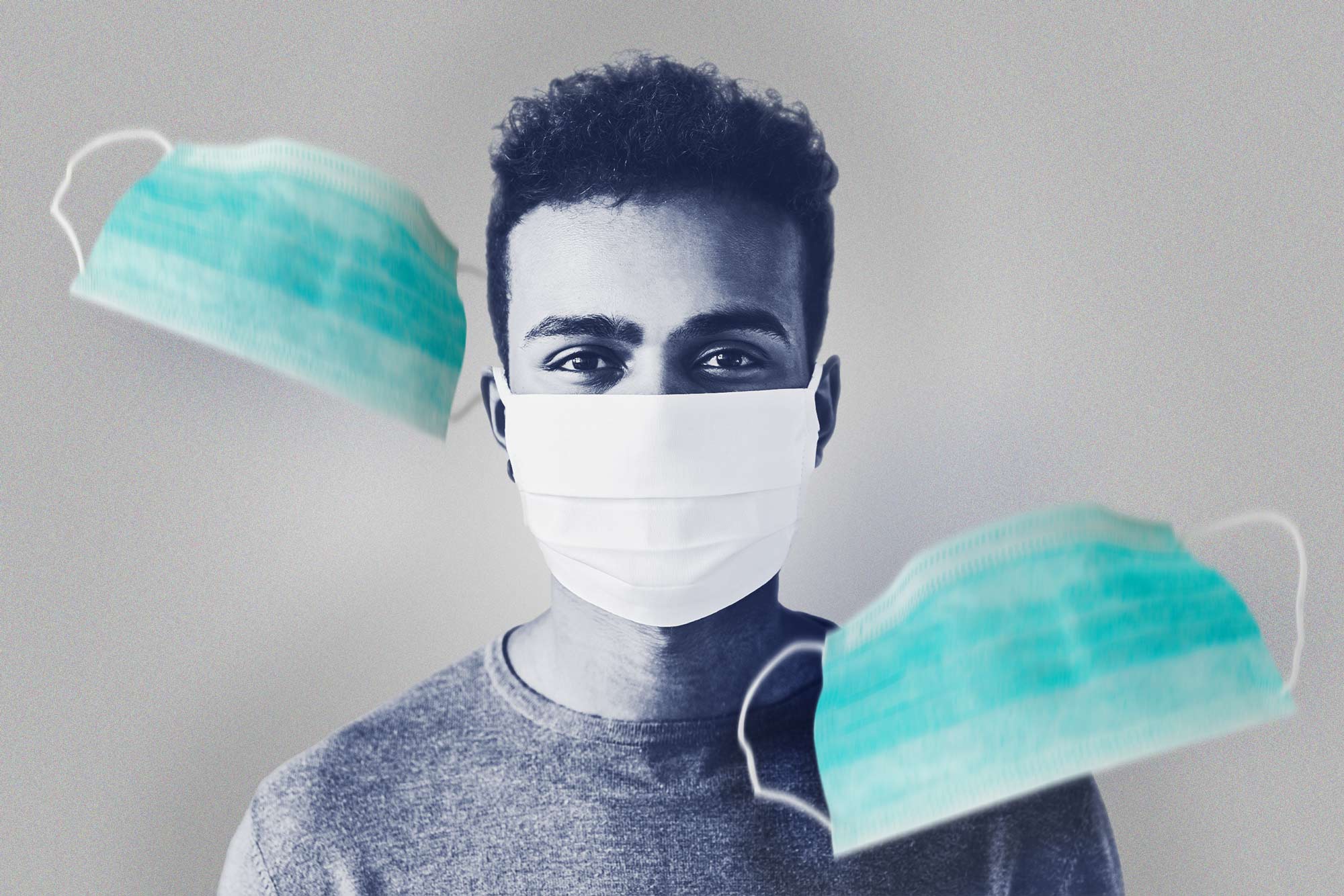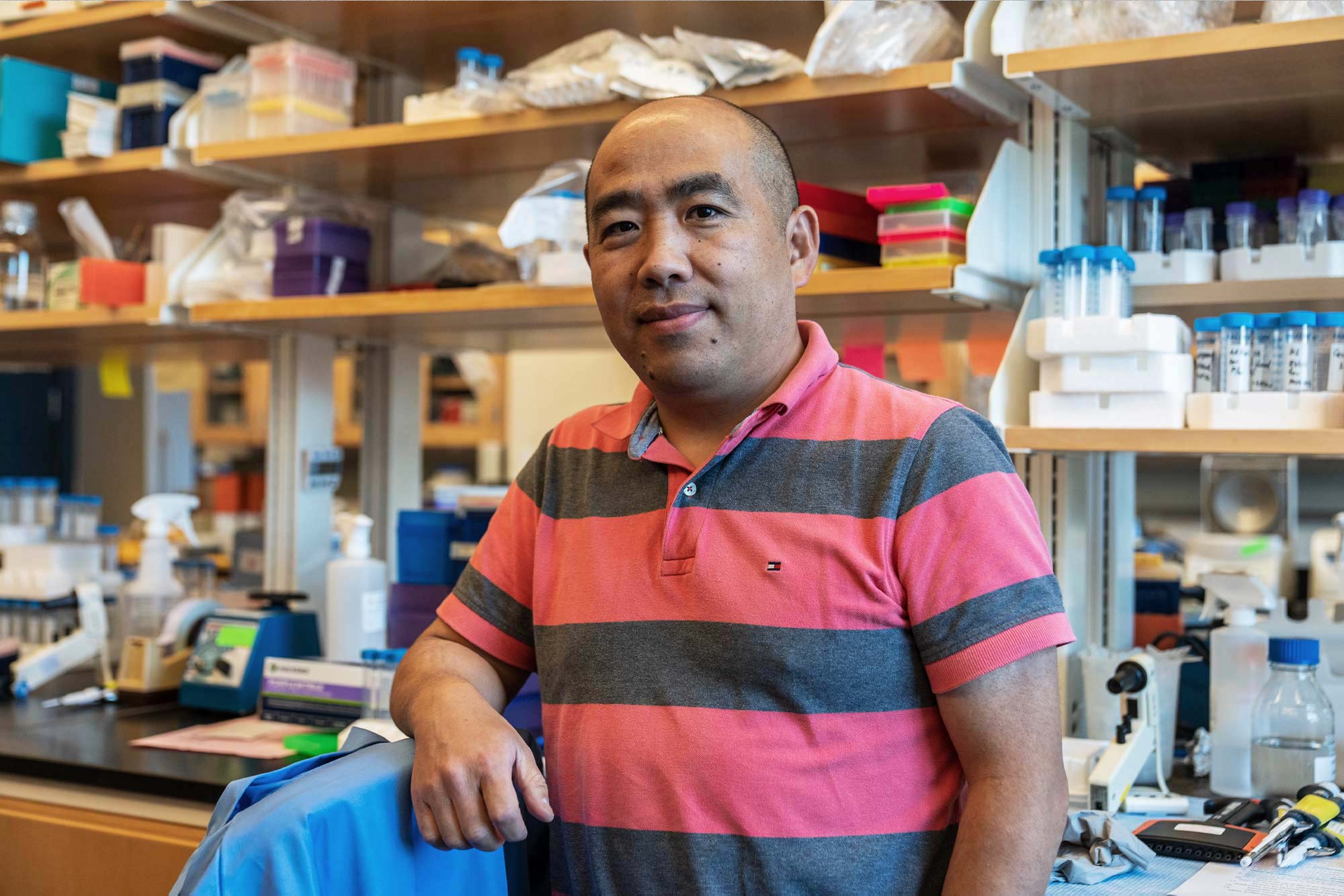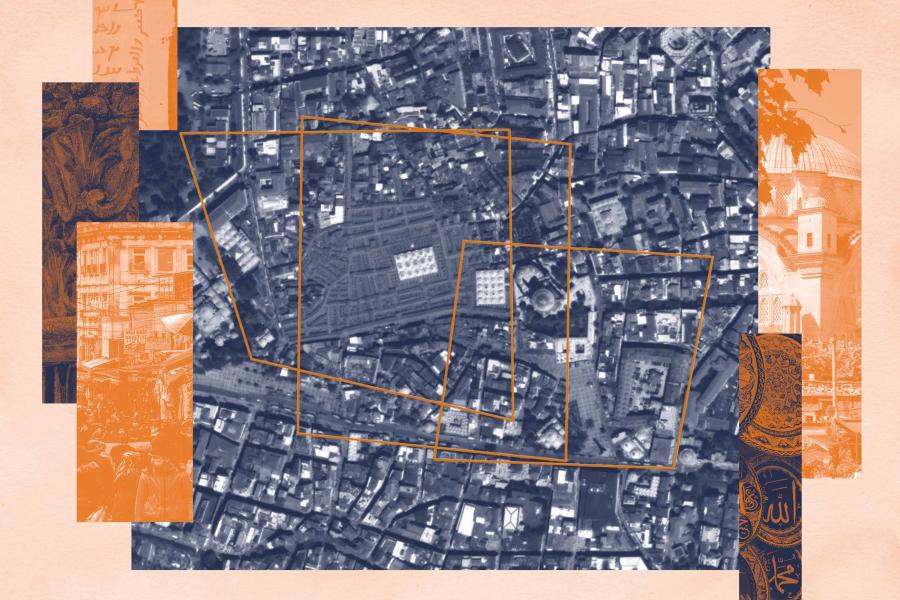UVA Health researchers have identified a potential treatment to prevent severe COVID-19 in patients at great risk.
The new research from the University of Virginia’s Jie Sun and colleagues suggests a way to protect patients with obesity or diabetes from the runaway inflammation and dangerous blood sugar spikes that COVID-19 can cause. Such patients are at high risk for severe COVID-19 and, with the effectiveness of existing COVID treatments waning, new treatment options are needed urgently.
The study discovered a metabolic path that modulates inflammation caused by COVID-19 infections as well as promotes lung recovery in patients. The process suggests a possible treatment that could be added to existing antiviral treatments to treat severe COVID in at-risk patients, according to Sun.
“We are hoping this study could spur strong interests for clinical trials to prevent or treat severe viral infections, including COVID-19, in diabetic and/or obese individuals, using a second-generation insulin sensitizer,” said Sun, of UVA’s Division of Infectious Diseases and International Health and UVA’s Carter Immunology Center.











